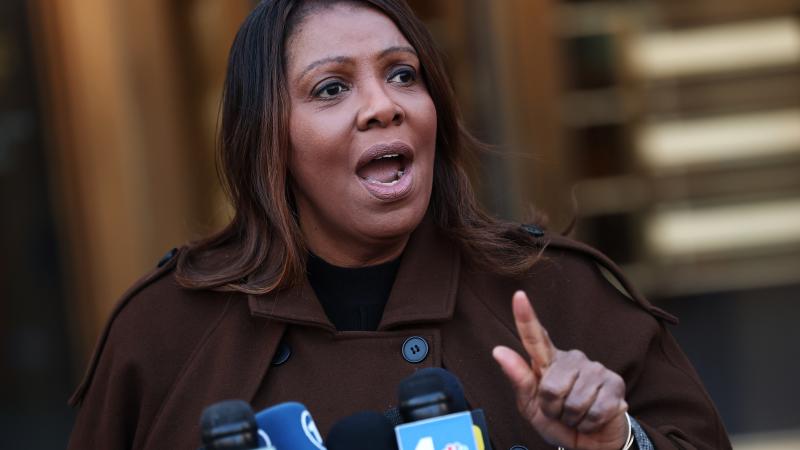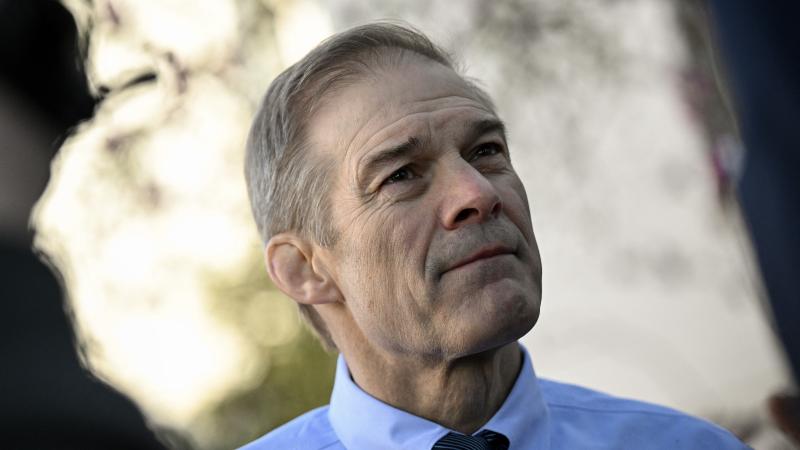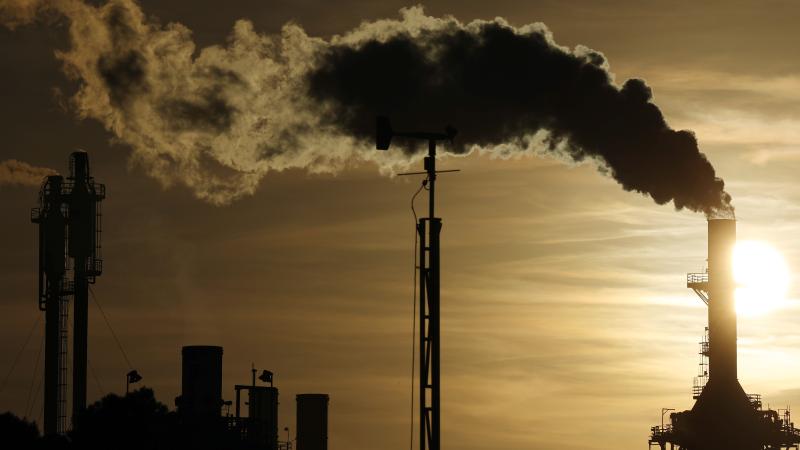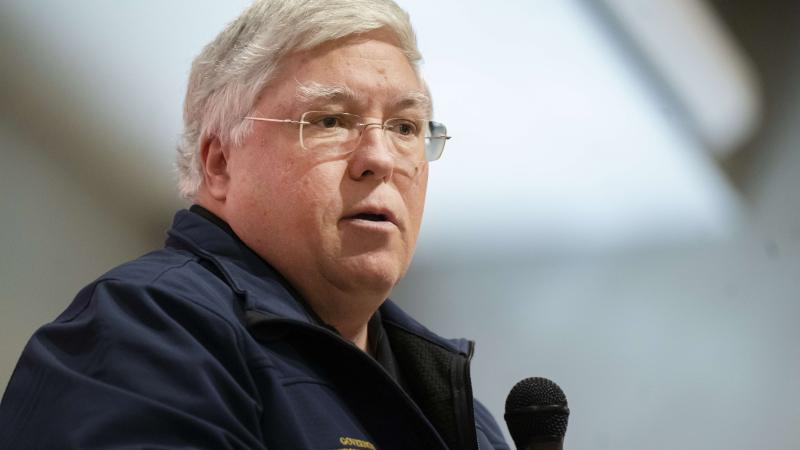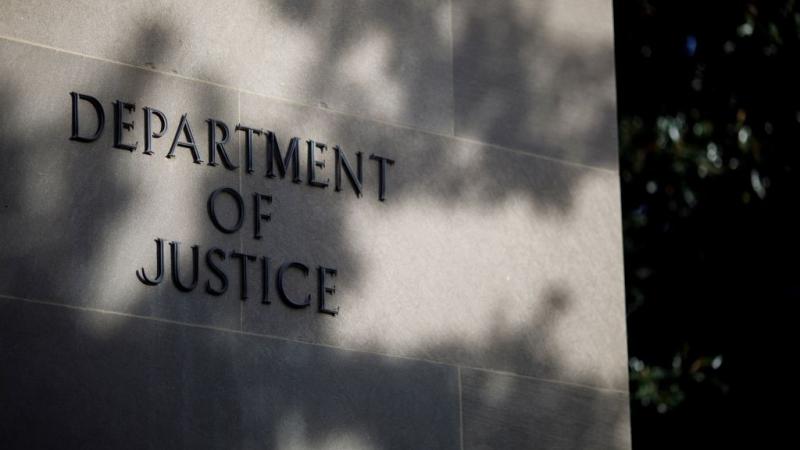Trump plan to scrap Biden’s Snake River dam deal has supporters and critics
Environmental groups, including Earth Justice, have lobbied to breach the dams and decry the Trump administration's change of course.
(The Center Square) -
Less than a month after President Donald Trump issued a presidential memorandum revoking a Biden-era agreement regarding the potential removal of the Lower Snake River dams in southeastern Washington state, the U.S. Army Corps of Engineers and the U.S. Bureau of Reclamation have effectively ended any federal-level agency conversation that could lead to breaching the dams.
The Snake River in the Columbia Basin, from Clarkston to Pasco, contains four dams: Ice Harbor, Lower Monumental, Little Goose and Lower Granite.
Environmental groups and several tribal interests have spent the last quarter-century advocating for the removal of the dams for the benefit of salmon and other native fish species.
Others have countered that the dams' benefits – including reliable and affordable energy production, shipping channels, and irrigation water for agriculture – far outweigh any benefit from breaching them.
“I appreciate that his [Trump’s] administration sees the big picture – and would simply go a step farther by pointing out how the ability to move commodities by barge doesn’t just save a lot of wear and tear on our roads, it also reduces carbon emissions,” Sen. Perry Dozier, R-Waitsburg, noted in a Wednesday news release.
In a Thursday interview with The Center Square, Dozier noted he’s spent 25 years working to preserve the dams.
“What it has done is provided not only a reliable source of electricity, but then there are all the other benefits, like with transportation,” he said. “Trying to do it either with rail or with road isn’t feasible, because right now we can't even keep our current highways up to standards with the river system being there.”
Dozier credits the river system for lush agricultural lands.
“Western Walla Walla County and southeastern Franklin County are some of the most productive grounds around, and that used to just be sagebrush and rattlesnakes,” he explained.
Environmental groups, including Earth Justice, have lobbied to breach the dams and decry the Trump administration's change of course.
“The Trump administration is turning its back on an unprecedented opportunity to support a thriving Columbia Basin – and ignoring the extinction crisis facing our salmon,” Amanda Goodin, Earthjustice senior attorney, emailed The Center Square. “Unfortunately, this short-sighted decision to renege on this important agreement is just the latest in a series of anti-government and anti-science actions coming from the Trump administration. This administration may be giving up on our salmon, but we will keep fighting to prevent extinction and realize win-win solutions for the region.”
According to Dozier, significant efforts have been made to protect salmon in and around the Snake River dams, but many other factors contribute to declining salmon populations.
“We're not looking at the other issues with what's happening in the Puget Sound with sewage and everything to blame,” he said, noting the environmental impact statement for the Columbia River system that became final in 2020, during the first Trump administration. “It found ‘man and nature can exist in productive harmony,’ meaning no one has to choose between dams and salmon – we can have both.”
The Center Square reached out to Michelle Hennings, executive director of the Washington Association of Wheat Growers.
“We appreciate the efforts of the Trump Administration, along with our champions in Washington state, that will allow dams to remain intact while protecting the integrity of the river system and the salmon populations,” she replied via email. “Washington’s wheat industry relies on the continued operation of dams along the Columbia River, particularly the Lower Snake River. In fact, over 60 percent of Washington wheat exports utilize the Columbia-Snake River System, which is essential for supporting a thriving overseas export market along with providing nearly 4,000 jobs.”
Hennings continued: “As we have stated for years, we believe that salmon and dams currently and can continue to coexist. Moving forward, we stand ready and look forward to working collaboratively with all stakeholders to find commonsense solutions that actually address the root of the problem and lead to measurable and sustainable impacts.”
Adam Ratliff, who has a YouTube channel called Armchair Engineer, posted a Nov. 2024 video addressing “five major myths about the Snake River dams, including their age, their contribution to the climate, and the costs of removing them.”
According to him, “Over 7.3 million tons of cargo are moved on the river every year, from harvested grain to fertilizer, wood products and even fuel, and all of this cargo would have to be transported on land if the river highway was taken away or shortened, which would have a negative ripple effect and would undermine our environmental goals in a big way.”
Dozier introduced several pieces of legislation during this year’s session related to salmon and riparian recovery, but none of his bills advanced out of the Legislature.
“With dam breaching off the table, I’d like to see the majority Democrats in our state Legislature join our side of the aisle to do what we can to address the real threats to the Snake River salmon runs, like the predation in the lower Columbia by birds and marine mammals,” he said.
Goodin says the fight is far from over.
“Earthjustice will pursue all available tools to prevent extinction and advocate for healthy and abundant salmon in the Columbia Basin,” she pledged. “The Trump administration may have turned its back on salmon, but we never will. We’ll fight in every forum to keep making progress toward healthy and abundant salmon and a thriving region.”

